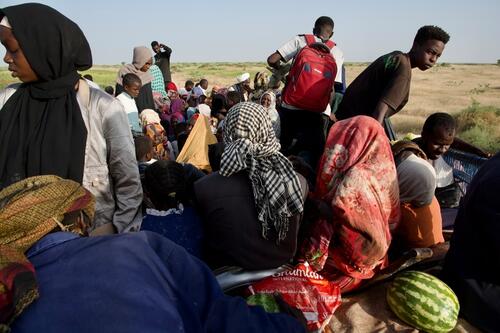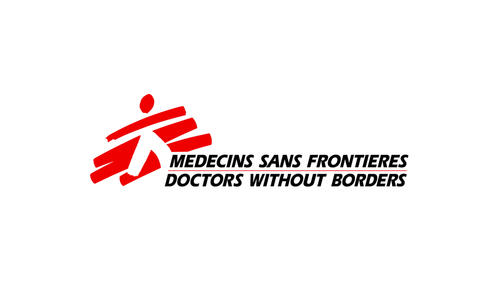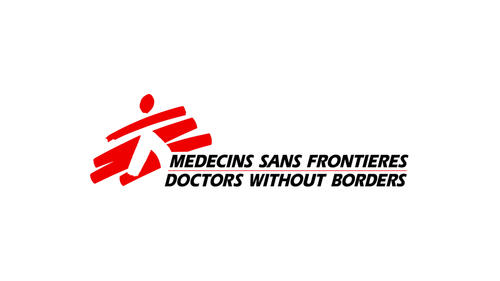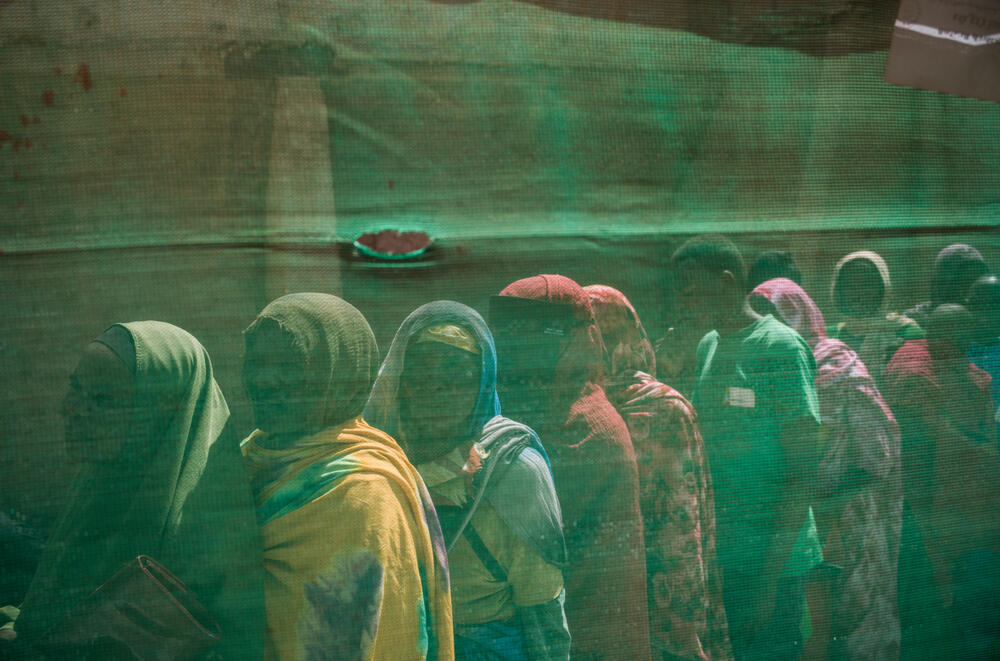Refugees and displaced people
In 2024, over 120 million people were living as ‘forcibly displaced’. That’s more than one in every 67 people on Earth.
The UN High Commissioner for Refugees (UNHCR) estimates that this includes 32 million refugees and more than 72 million internally displaced people, as well as other groups in need of protection.
The reasons vary, but violence and conflict, natural disasters, or extreme weather events can all mean it is no longer safe for an individual, family or entire community to stay where they are. The majority of people affected are internally displaced – that is, people seeking safety within their own country – while others become refugees by seeking shelter in neighbouring countries, which may also be suffering from crises and have limited resources to respond. Millions of people are also "stateless".
Globally, these numbers continue to grow.
Médecins Sans Frontières / Doctors Without Borders (MSF) has a long history assisting people who have been displaced by humanitarian crises – it is at the heart of what we do.
Refugees and displaced people: Latest news and stories



In simple terms: Forced migration and displacement
- Asylum seeker: A person who has left their country to seek protection from persecution and serious human rights violations in another country, and who is now waiting to receive a decision on their asylum claim. Seeking asylum is a human right.
- Internally displaced person: An internally displaced person (IDP) has been forced to flee their home but remains within the borders of their own country.
- Migrant: There is no internationally accepted legal definition of a migrant. It can be a person who is neither an asylum seeker nor a refugee, but who is living outside their country of origin (this can be for various reasons).
- Refugee: A person who has fled their own country, due to the risk of serious human rights violations or persecution, and has now sought and been granted safety by another country. Refugees have a right to international protection.
- Stateless person: Someone who is not recognised as a citizen under the laws of any country, which means, simply, that they hold no nationality.
What is MSF doing to support displaced people?
As an independent humanitarian medical organisation, MSF responds to displacement crises across the world.
From migration routes in the Americas to refugee camps in South Sudan, our teams provide care to those who are displaced, internally or across borders. We work closely with affected communities, providing displaced people with the healthcare they need, from psychological support to life-saving nutrition.
Our teams work to address the health impacts of forced migration and displacement. This includes:
- Ensuring access to essential medical care and services
Vital healthcare needs are often not met when people are on the move. In displacement camps, for example, which often lack adequate water, hygiene, and sanitation infrastructure, displaced people are at high risk of contracting and spreading communicable diseases like measles, malaria, and cholera.
- Responding to the impact of violence and abuse
Displaced people may experience this in various forms, including torture, sexual and gender-based violence, kidnapping, arbitrary detention, denial of access to care and basic needs and protection systems. It can happen to an individual while on the move or when they arrive at their permanent or temporary destinations. And, it may be carried out by border and security forces, gangs, or come in the form of harsh deterrence policies enacted by national governments.
- Providing mental health care
Many people experience mental health conditions and psychological distress because of the circumstances or crises they initially fled. This may then be exacerbated by hardship and trauma experienced along their journey or during their interaction with border and security forces, gangs or even government systems.
120 million
PEOPLE DISPLACED WORLDWIDE
32 million
REFUGEES ACROSS THE GLOBE
Every 2 seconds
A PERSON IS DISPLACED
Why we speak out
Our teams also bear witness, respond to and speak out about the human cost of increasingly restrictive and violent migration policies and practices.
These often involve increased detention, pushbacks, forced returns and limiting access to asylum procedures, targeted at the same people who have been forced to flee crises.
This includes speaking out about policies in the United Kingdom, other European countries, North Africa, the Americas, Australia and beyond, as well as the absence of state-run lifesaving search and rescue efforts in the Central Mediterranean.
Take action: Help reverse UK aid cuts
Cuts to the UK aid budget will impact the health of displaced people worldwide
